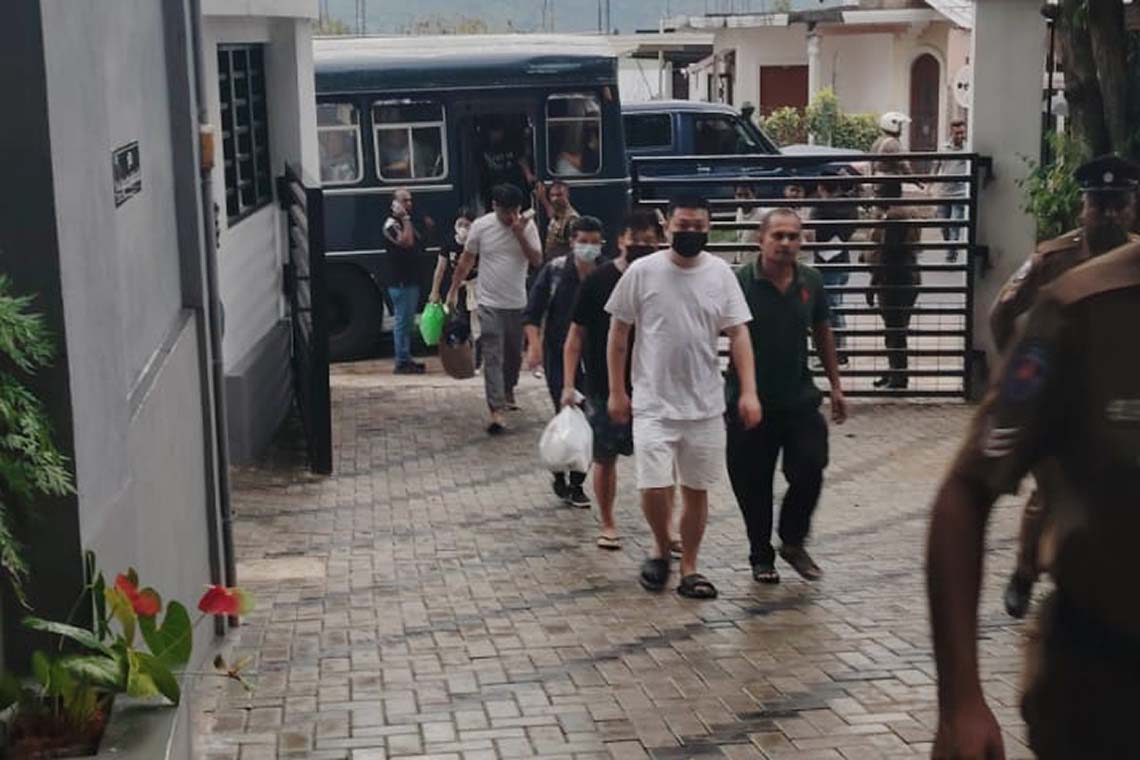
Sri Lanka’s foreign minister Vijitha Herath acknowledged the growing problem of the island becoming a hub for international cybercrimes, warning that its shaky economic recovery might be impacted.
“We have to see if Sri Lanka is a cyber crimes hub,” Herath told reporters, “and whether our financial system is being affected by this.”
His remarks came as police raids in recent weeks have led to the arrests of over 200 foreign nationals, predominantly Chinese, along with Indian and Thai nationals, who were operating sophisticated cyber fraud networks across multiple locations, including Kandy, Avissawella, Rajagiriya, and Negombo.
Sri Lankan Police Spokesman Nihal Thalduwa seemed more frank in his assessment alongside the minister, stating that
“It could be a sociological reason; many groups in Sri Lanka are easily enticed by messages, and are gullible.”
“People in economic difficulties can be enticed into earning quick money.”
He went on to warn those that were renting out properties on the island. “When renting out a property to foreigners, pay attention to what it will be used for,” he said, though added that many landlords are well aware of the criminal activity taking place. “That’s the sad part.”
“Don’t think only of the money,” Herath added.
One such scam operation was discovered in Kandy, where over 70 rooms in a hotel were booked to house individuals involved in these illicit activities.
The raids are so large that it has prompted the Chinese embassy in Sri Lanka to issue a statement.
“These crimes not only endanger the property of our two peoples but also damage China’s international image and affect the traditional friendship between our countries,” the embassy said in a statement. “We stand ready to strengthen our cooperation in law enforcement to tackle this issue jointly.”
Ironically, while Sri Lanka is becoming a haven for foreign scammers, its own citizens are falling prey to similar schemes abroad. A growing number of Sri Lankans, desperate to escape the country’s economic collapse, have been trafficked into cybercrime camps in Myanmar, where they are forced to engage in ‘pig butchering’ scams.
These scams, which target victims through emotional manipulation and false promises of romance or investment opportunities, have ensnared countless people worldwide, and the Sri Lankan government is now working to rescue its citizens from these exploitative camps. Earlier this year, Sri Lankan authorities rescued 20 Sri Lankans who were trapped in cybercrime operations in Myanmar, following cooperation with ASEAN countries.


